Visual Studio 11: Only For Windows 7 or higher
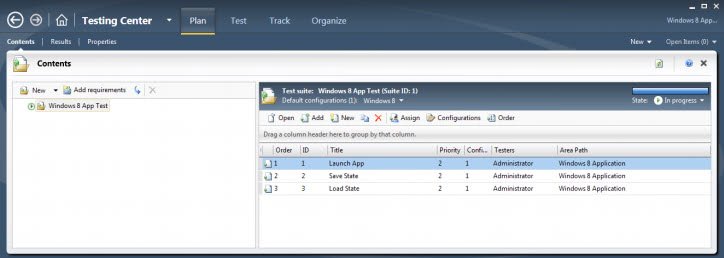
Windows 8 is not the only product that Microsoft is currently working on. The company is also working on a refresh of their popular Visual Studio product lineup, and boy, there will be changes that will certainly irritate part of the user base that is currently working with the product.
Microsoft notes that Visual Studio 11 will only be available for Windows 7 or higher (which at the time of writing means Windows 8), and not for Vista, XP or other Windows operating systems. According to the official announcement, this is due to the leveraging of core capabilities that only those operating systems offer. Microsoft unfortunately fails to mention what these core capabilities are.
The company notes further that the default target for applications will be set to .Net Framework 4.5 when it comes to managed apps, which means that those will run on Windows Vista or higher, and not on Windows XP or Windows Server 2003. If compatibility is an issue, developers can target new or existing applications to the .NET Framework 4.0 to ensure compatibility with those operating systems. I guess that is also official confirmation that the next iteration of the .Net Framework will not be compatible with Windows XP or Windows Server 2003.
But that is far from the only changes that will affect lots of Visual Studio users. Microsoft is a bit ambiguous in the blog post when it comes to Visual Studio 11 Express, and its support for desktop app development.
For example, the Express edition for Windows 8 allows developers to use C#, Visual Basic, C++ and JavaScript. It also provides best-in-class tools for creating Metro style apps for Windows 8, including tools such as Blend, app profiling, unit testing and more.
The Visual Studio 11 Express website on the other hand offers the following information that make it a lot clearer:
Visual Studio 11 Express for Windows 8 provides tools for Metro style app development. To create desktop apps, you need to use Visual Studio 11 Professional, or higher. In addition, Visual Studio 2010 Express products - Visual Basic 2010 Express, Visual C++ 2010 Express, and Visual C# 2010 Express - will remain available for free download.
This basically means that Windows 8 users who install Visual Studio 11 Express will only be able to develop Metro apps with it. And Windows 7 users? It is likely that they can continue developing desktop applications with the programming environment, as it would not really make much sense to only give them the option to create Metro apps - which they can't test or use on the system - in Visual Studio Express 11.
Update: It seems that Windows 7 users won't be able to use Visual Studio 11 Express at all, only Express for Web and Team Foundation Server Express.
Users who want to stick with Visual Studio when it comes to developing applications need to download and use the previous versions of the program which have been available for a while.
What's your take on this?
Update: Microsoft has made a correction and announced Visual Studio Express 2012 for Windows Desktop.
Advertisementdhering to the core principles we’ve set for our Express products, Visual Studio Express 2012 for Windows Desktop will provide a simple, end-to-end development experience for developing Windows desktop applications targeted to run on all versions of Windows supported by Visual Studio 2012. With this new Express edition, developers will be able to use C++, C#, or Visual Basic to create Windows desktop and console applications. Developers will also get access to new advances available across the Express family in Visual Studio 2012, such as the latest compilers and programming language tools, integrated unit testing, and the ability for small development teams to collaborate via Team Explorer and TFS Express.

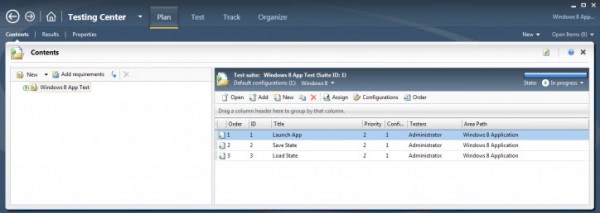
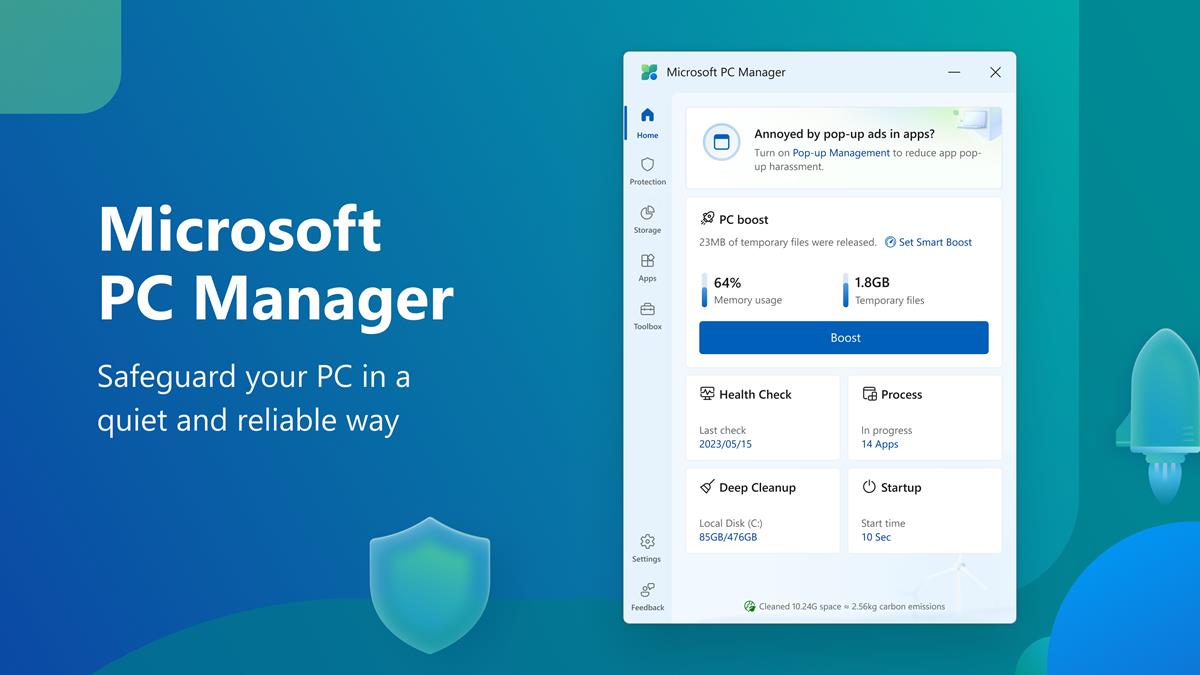


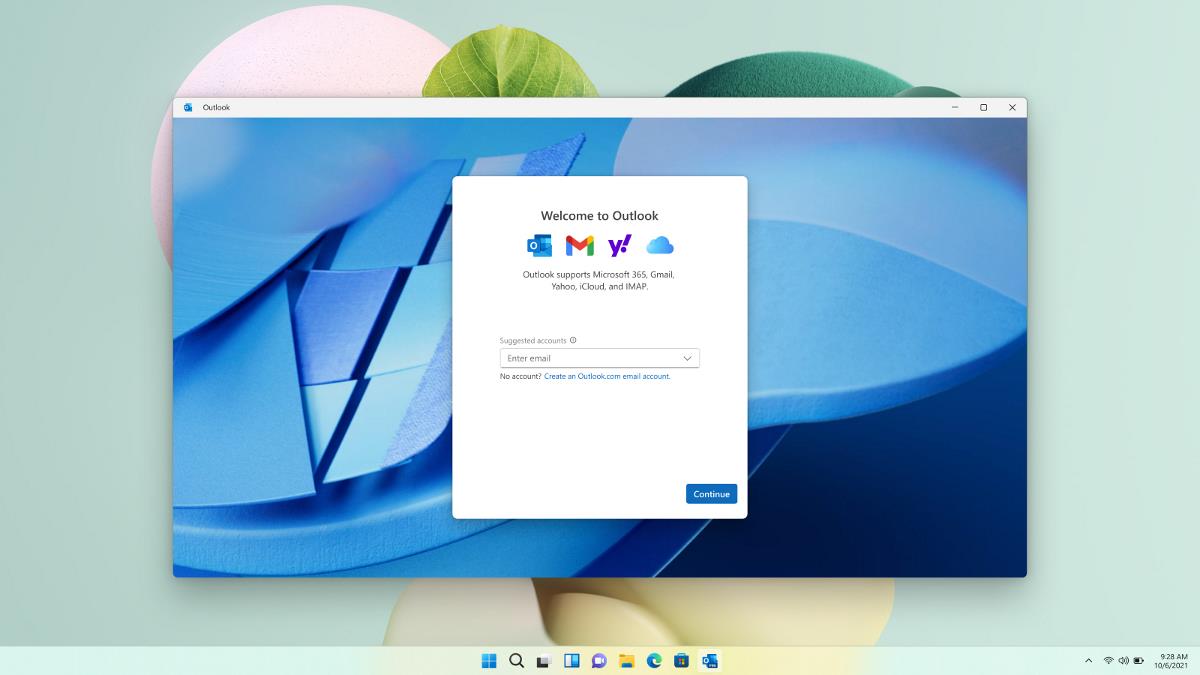


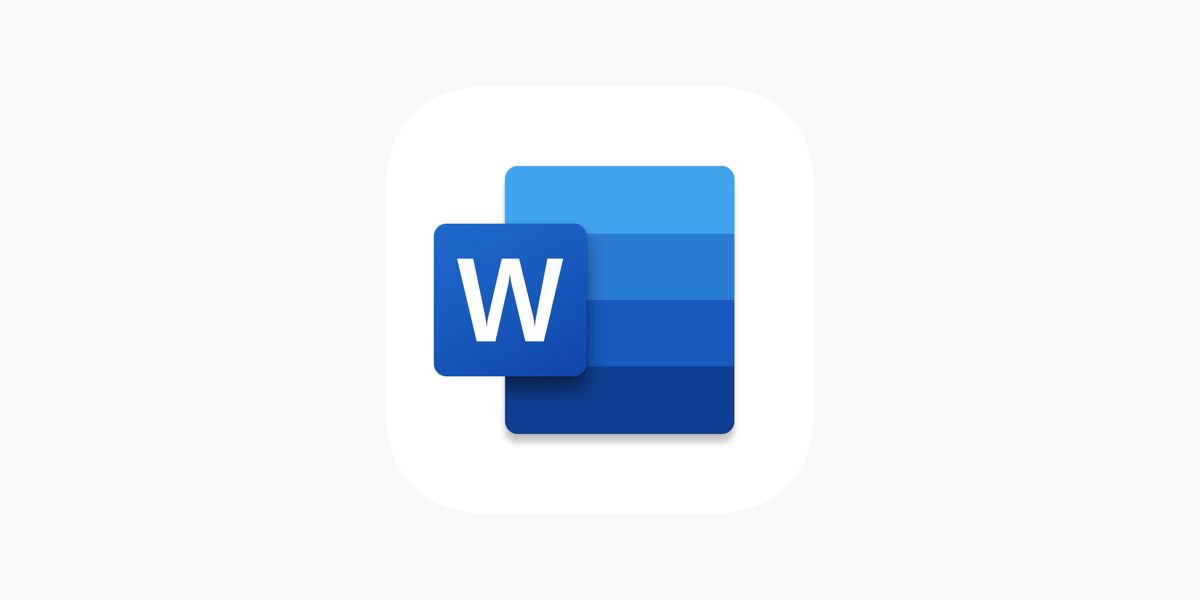


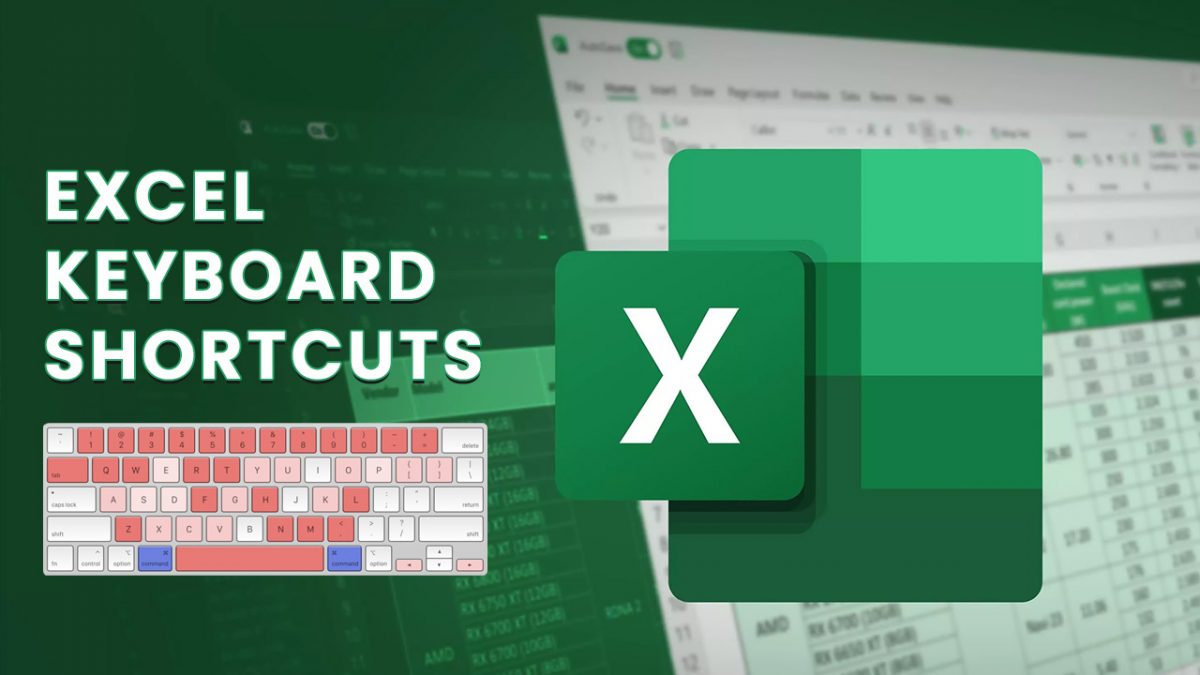










Is SharpDevelop going to be able to take advantage of the full framework features? If so, I’m not ‘upgrading’ to VS2011Express
MS just gets better and better at pi_ _ing off customers – uh, ex-customers.
They are really desperate and clueless. Visual Studio 11 not running on XP or Vista was okay, but the C++/MFC programs you compile with it also won’t run on XP or Vista, nor will .NET 4.5. And the Express edition can no longer compile desktop apps which means it can’t target Windows 7 or the desktop apps in Windows 8. You can only build Metro apps with it. Microsoft is going to go DOWN with this lifecycle of products – Windows 8, Visual Studio 11, Office 15 – it’s all going to be Metro and it’s JUST CRAP. Just avoid it.
“but the C++/MFC programs you compile with it also won’t run on XP or Vista”
Maybe or maybe not. They said in the announcement that they are evaluating a post-RTM update to allow VS 11 developers to target Windows XP and Server 2003 without having to use VS 2010 compilers in multi-targeting.
Currently they support Vista SP2 as targeted platform for C++ applications made in Visual Studio 11.
VS 2010 is bloated and buggy (esp. on Win 7 64-bit systems). If I wasn’t forced to use it for SQL Server SSIS and SSRS development, I’d avoid it.
Microsoft continues to be clueless.
Yet another excellent reason to avoid Visual Studio like the plague it is, and stick to industry-standard development packages.
“And Windows 7 users? It is likely that they can continue developing desktop applications with the programming environment, as it would not really make much sense to only give them the option to create Metro apps – which they can’t test or use on the system – in Visual Studio Express 11.”
NO, INFACT VISUAL STUDIO 11 EXPRESS ISN’T GOING TO BE AVAILABLE FOR WINDOWS 7 (EXCEPT FOR VISUAL STUDIO 11 EXPRESS FOR WEB).
Visual Studio 11 Express will only support Metro app development.
See: http://www.microsoft.com/visualstudio/11/en-us/products/express
Scroll down to:
“Desktop application development
Visual Studio 11 Express for Windows 8 provides tools for Metro style app development. To create desktop apps, you need to use Visual Studio 11 Professional, or higher. In addition, Visual Studio 2010 Express products – Visual Basic 2010 Express, Visual C++ 2010 Express, and Visual C# 2010 Express – will remain available for free download.”
Clearly mentioned.
Now that is serious.
Also, to backup “INFACT VISUAL STUDIO 11 EXPRESS ISN’T GOING TO BE AVAILABLE FOR WINDOWS 7 (EXCEPT FOR VISUAL STUDIO 11 EXPRESS FOR WEB).” in my comment-
Go to http://www.microsoft.com/visualstudio/11/en-us/downloads#express
You will see:
Express for Web
Express for Windows 8
Team Foundation Server Express
So, there is no Visual Studio Express for Windows 7 – except for Express for Web, which supports Windows 7 ( system requirements:
http://www.microsoft.com/visualstudio/11/en-us/downloads#express-web )
So only Team Foundation Server Express and Express for Web editions are Windows 7 compatible.
Yes, it is serious. Made me write a blogpost on my blog.
So when are you fixing that “It is likely that they can continue developing desktop applications with the programming environment, as it would not really make much sense to only give them the option to create Metro apps – which they can’t test or use on the system – in Visual Studio Express 11.” part of the article ????
Done :)
) It’s not bad that VS 11 will be available for Windows 7 and not only for 8
) All are moving to Windows 7, because Vista was just a flop and XP support, alas, is going to be stopped
) Metro sucks and Win 8 sucks too
) So there is no point to upgrade to Win 8 to develop apps for sucker Metro, if you are not well paid for it.
) Once more, it proves that there is no point in upgrading to Win 8 at all (again, if you are not well paid for it).
I understand why they won’t support XP, but Vista?
From a technical standpoint, it makes no sense. But I understand why they want to see it dead.
And please don’t refer to Windows 8 as an “upgrade”.